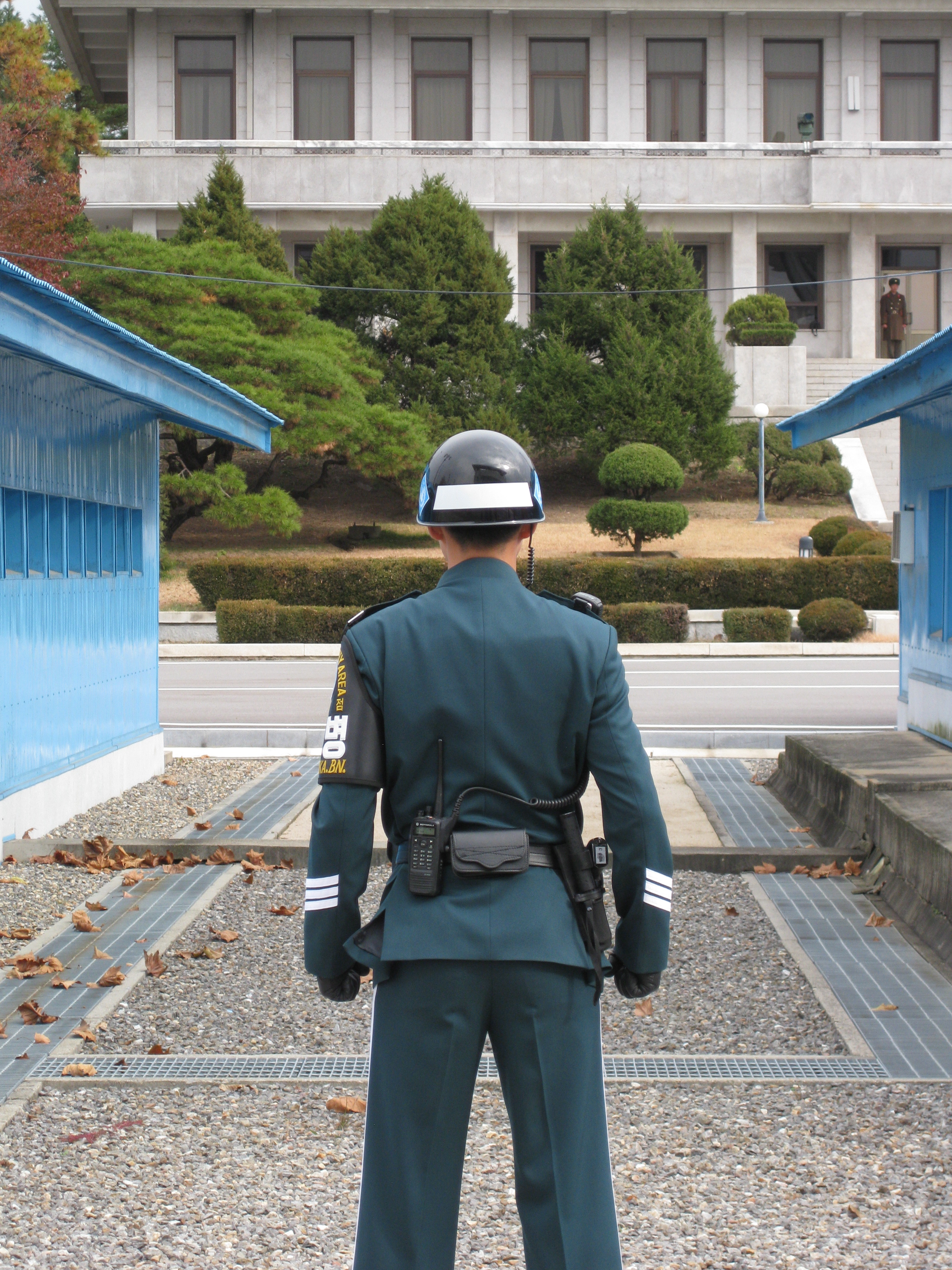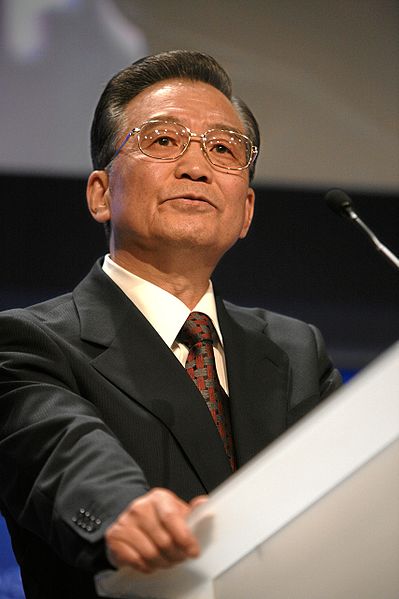Guest post by Emir Yazici.
Several international actors have condemned China’s ongoing massive assimilation campaign of Uighur Muslims in Xinjiang. Turkey was not among the states who condemned China until rumors emerged about the death of Uighur poet and musician Abdurehim Heyit on February 7. In an official statement, the Turkish government described the events in Xinjiang as a “policy of systematic assimilation” and a “great shame for humanity.” Immediately after this statement, a video was released by China Radio International’s Turkish-language service which features Abdurehim Heyit stating that he is in good health and in the process of being investigated for violating national laws. The long-awaited reaction by Turkey—a powerful ethnic kin of the Uighurs—is more important than the rest of the international community. Here’s why.
Transborder Ethnic Ties and Government Repression
Transborder ethnic ties can affect the likelihood and level of government repression. This effect is particularly strong when an ethnic kin of a minority group lives in a neighboring country and has access to government power. The support of neighboring Turkic states to Uighurs could make a bigger difference than the symbolic support by Western states and even Turkey. However, China managed to neutralize these Turkic states with the Shanghai Cooperation Organization since 1996 (for example, Kazakhstan and Kyrgyzstan have avoided a direct confrontation with China so far).
Interference of an ethnic kin of a minority group can backfire too. If government perceives the ethnic kin as a threat to its sovereignty (as China does) and this threat is coming from a militarily and economically powerful state, repression is more likely to escalate. If the external kin is a powerful ally, then government may concede and refrain from repressing the minority group. Thus, unless the ethnic kin is a powerful ally, transborder ethnic ties of minority groups are likely to exacerbate government’s threat perception and increase the level of government repression.
Can Turkey Protect the Uighurs?
Turkey has been the “de facto” protector of Uighurs since the early 1950s. Turkey’s support to Uighurs reached its peak in the early 1990s when the Turkish government provided both diplomatic and economic support. Turkish presidents even explicitly expressed their support for the independence of East Turkestan. Since the mid-1990s, however, Turkey’s economic dependency on China has forced Turkish governments to keep a low profile regarding Uighurs. Since 1997, Turkish leaders have made it clear that Turkey respects China’s territorial integrity and will not provide any support to the East Turkestan national movement. The last strong reaction to the human rights violations against the Uighurs (until this week) was given by Erdogan when he called the crackdown in 2009 a kind of “genocide.”
After the “alleged” death of Uighur poet and musician Abdurehim Heyit, the Turkish government officially condemned the detention camps in China. Even though this long-awaited reaction is symbolically important, research shows that it is unlikely to make a difference. In an ongoing research project, I analyze the effects of ethnic kin on the status of minority groups. The initial findings, based on an original dataset including the Uighurs-Turkey-China relations, show that minority groups can be protected from government repression when the minority group’s powerful ethnic kin has a credible and capable threat of use of force. Therefore, if any of the Uighurs’ ethnic kin want to help, they should convince China that they are willing to use force to protect Uighurs.
Even if the Turkish government was willing to consider “use of force” as an option, several factors would significantly decrease the credibility and capability of a Turkish threat. On one hand, strong cultural and historical ties with Uighurs and the Uighur diaspora make Turkey more willing to take an action due to public pressure. On the other hand, the physical distance between the two countries—coupled with Turkey’s economic dependency on China—make military and economic instruments unrealistic. The military superiority of China also decreases the capability of a potential military threat from Turkey.
As the powerful ethnic kin of the Uighurs, Turkey’s diplomatic support is symbolically important; however, it is not likely to make a difference unless it is used to construct a credible and capable military threat. Since it is unrealistic to think that Turkey would take military actions to protect the Uighurs in China (as it did for the Turks in Cyprus in 1974 or have been doing in Syria recently), it is unlikely that Turkey will intervene on behalf of Uighurs.
Emir Yazici is a PhD candidate in the Department of Political Science at the University of Missouri.







